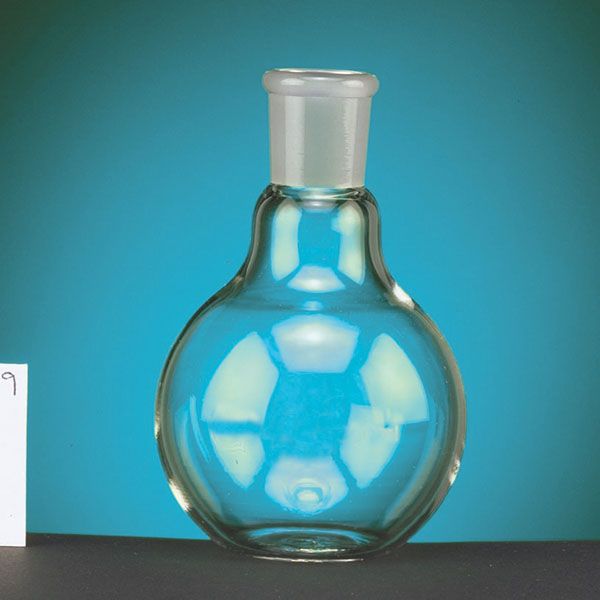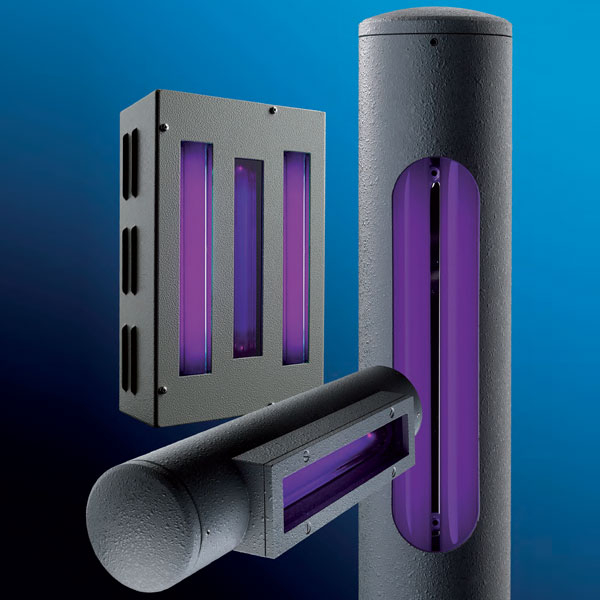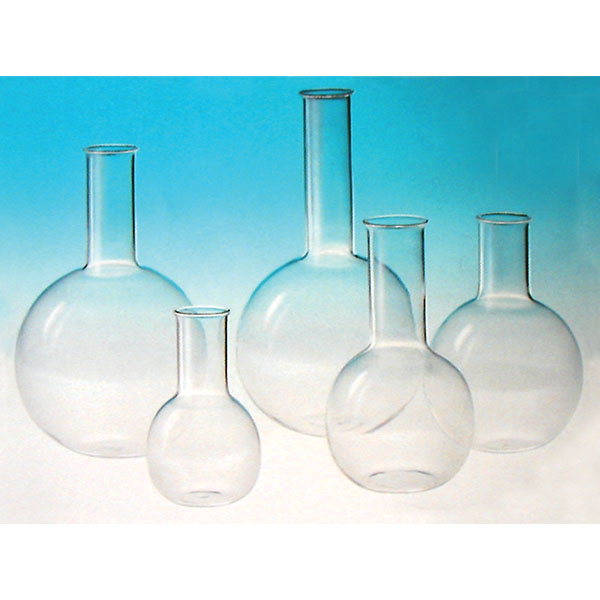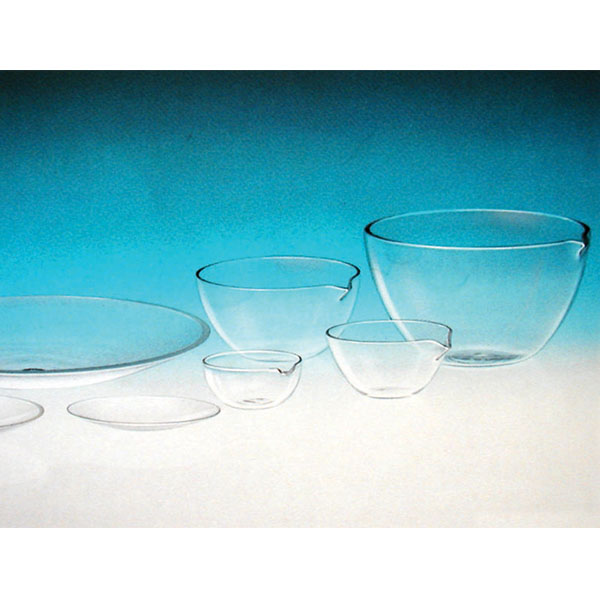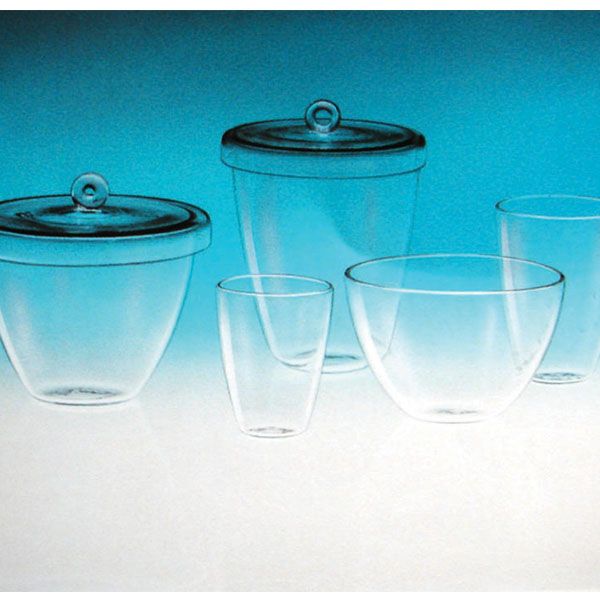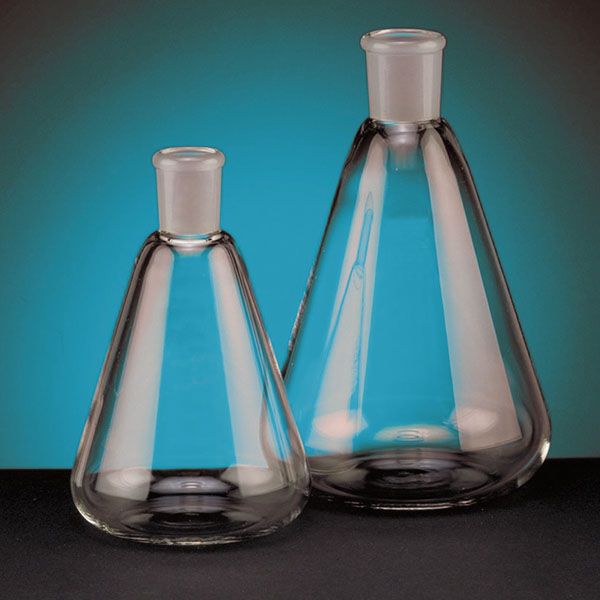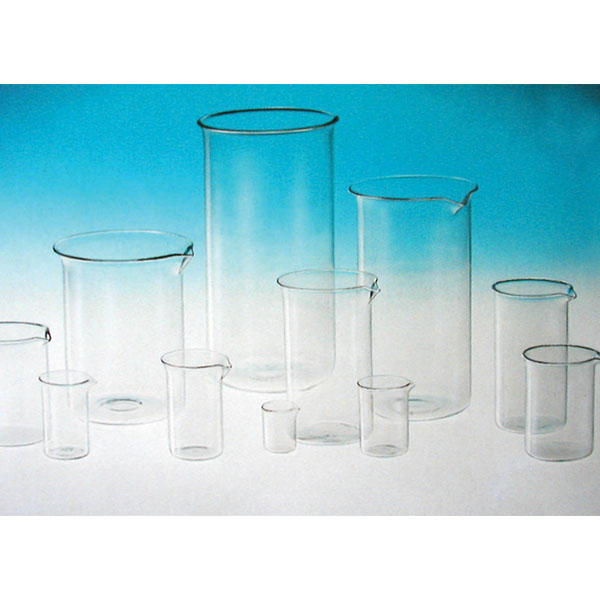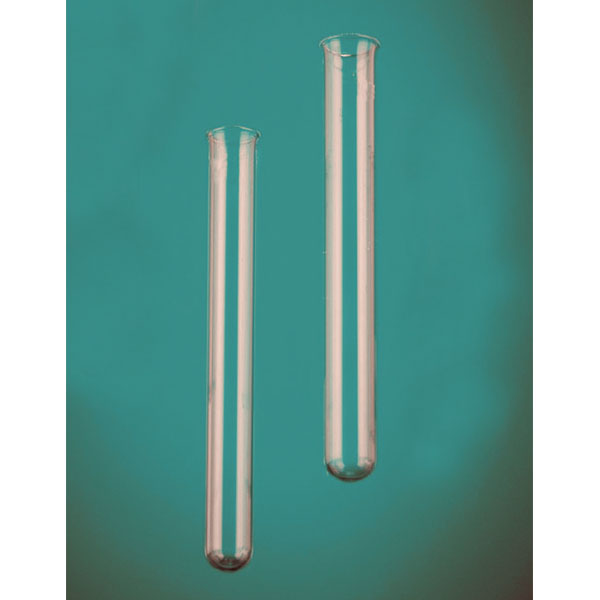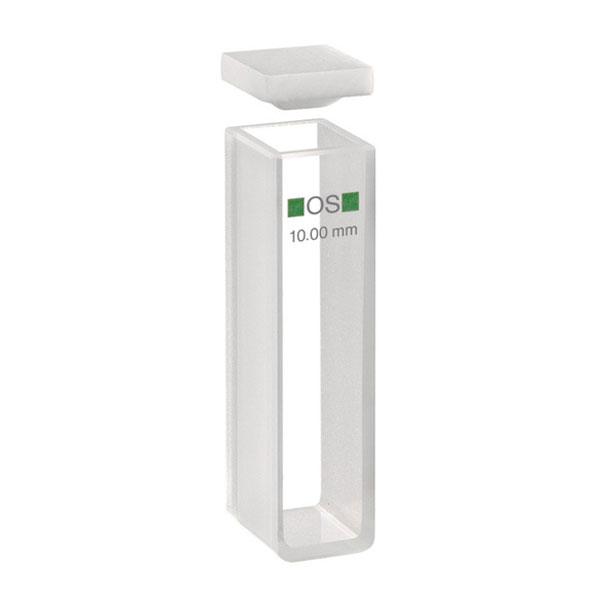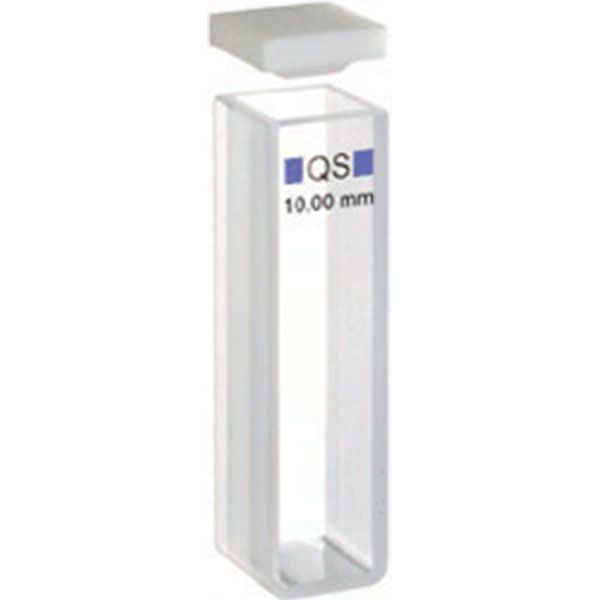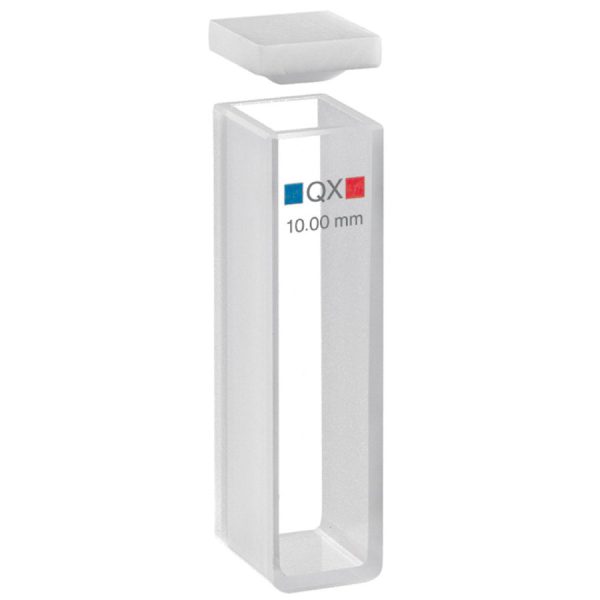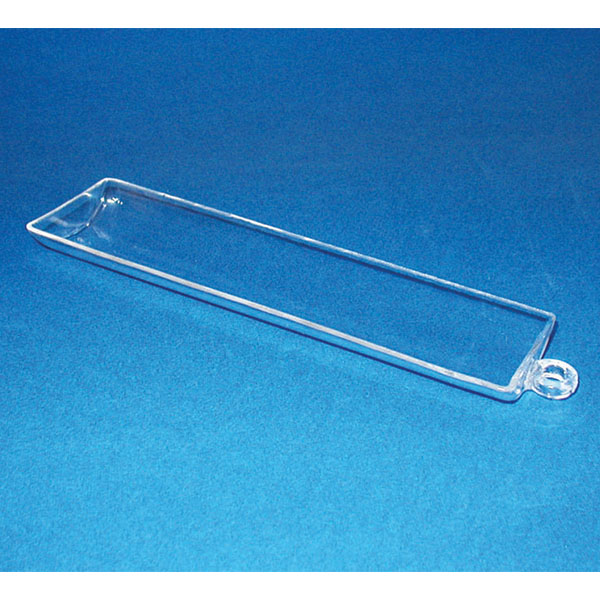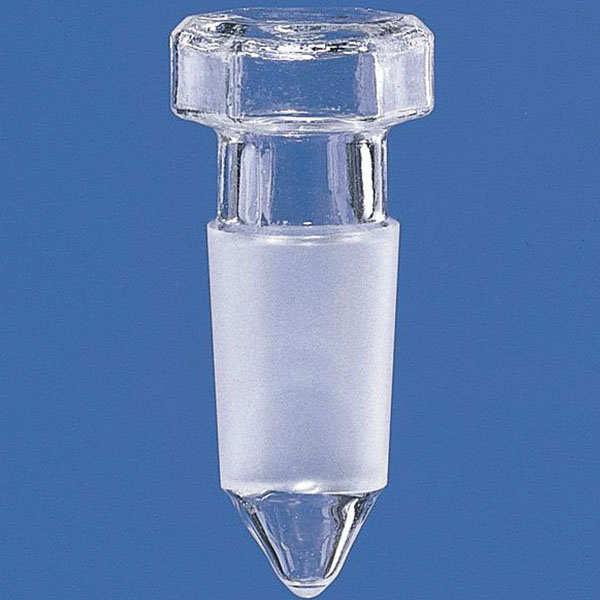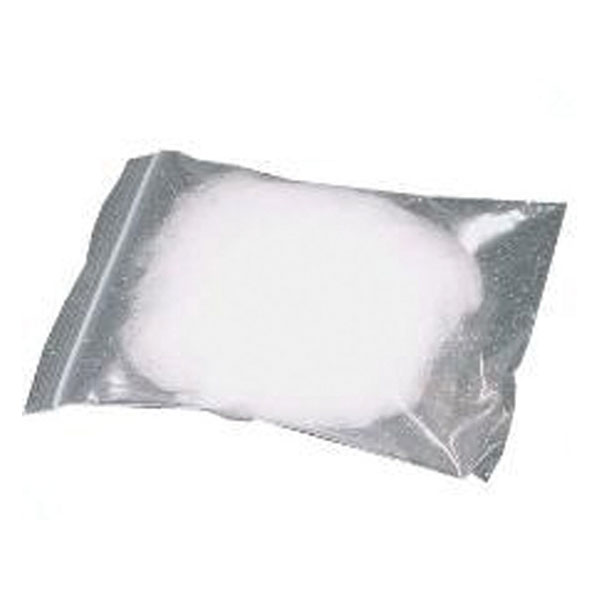Quartz glass, due to its exceptional properties, is used for many laboratory applications.
Both quartz tubes and quartz plates, quartz rods.
It is used in transparent as well as opaque and translucent versions to make discs, tubes, plates and in many other forms.
Quartz's main properties are excellent optical transmission, resistance to heat and corrosion and electrical transmissivity.
This makes it a material suitable for applications in the chemical and pharmaceutical industries, and in university and private research laboratories.
The quartz material is also used in the manufacture of quartz rods.
Colaver's own glassblowing plant is able to produce quartz glass products to drawings for customised applications.
Many industries use quartz parts in their production and Colaver is able to make the components from this material.
But let's learn more about the special properties of quartz glass.
Quartz glass: electrical properties
.
Quartz glass is an excellent electrical insulator and possesses the special property of piezoelectricity.
As a result of mechanical stress, a quartz crystal reacts as an electromotive force generator.
This special property is used in piezoelectric microphones or in kitchen ignition mechanisms.
Reversible piezoelectricity is also used in piezoelectric loudspeakers.
Resistance to electricity
Heat resistance of quartz glass
.
Low coefficient of thermal expansion and excellent thermal stability give quartz glass excellent thermal properties.
Even after prolonged high-temperature heating to over 1000 degrees, quartz does not change colour. If it is cooled abruptly, it does not crack or break. All this makes quartz glass immune to thermal shocks.
While these properties make it appreciated for high-temperature applications, at the same time they make it a difficult material to work with in glassblowing.
It begins to soften at over 1600°C and it takes experienced operators to be able to work with quartz.
Transparency of quartz slabs
Quartz glass is a material with high optical purity. This makes it better for reaction at certain frequencies than traditional glass.
Brief decrease in refractive index in relation to increasing wavelength. Very good transmission rate in relation to wavelength.
High transmissibility properties in the visible light spectrum and especially in the ultraviolet, making quartz a useful material in the production of UV lamps.
Viscosity of quartz
The viscosity of quartz is very high. It increases uniformly and proportionally with increasing temperature.
Inertia and strength of quartz
Quartz is an almost impervious material. Very few substances are capable of corroding it. Only hydrofluoric acid and phosphoric acid, as well as a few alkalis, are able to corrode quartz.
Because of these decisive chemical properties, quartz is defined as an inert material and is therefore widely used in chemical laboratory analyses.
Colaver performs chemical analyses on quartz.
Colaver performs customised quartz processing for customised applications.



